The Aerospace Industries Association (AIA) and Accenture have partnered on a comprehensive report analyzing the state of sustainable aviation technologies in the United States. The study identifies the prioritization and investments necessary for the aviation sector to achieve net zero carbon emissions by 2050.
The report, Horizon 2050: A Flight Plan for the Future of Sustainable Aviation, comes as the number of global air passengers is expected to nearly double over the next 20 years, causing an increase in fuel consumption and ultimately an increase in carbon emissions.
Horizon 2050 is a comprehensive guide to prioritizing decarbonization solutions, based on technology-specific data and analysis. The report is divided into three sections, including a technology report, feasibility assessment, and an AIA policy roadmap.
The report evaluates technology solutions based on emission-reduction potential, maturity status, and applicability within time horizons relevant to aircraft entry-into-service:
- Near-term and market-ready technologies (today-2030)
- Mid-term technologies, typically in planning stages (2030-2040)
- Longer-term technologies, mostly in research and development (possible market entry beyond 2040)
Additionally, Horizon 2050 outlines AIA’s policy roadmap that is necessary for government to play a key role in advancing these technologies. This includes creating a cohesive, multi-year strategic plan tied to reliable funding that the industry can count on, working with international organizations to shape industry standards, and ensuring that new technologies can be incorporated as quickly as possible while maintaining safety as the top priority.
More information on AIA’s commitment to a sustainable future is available here.

